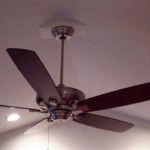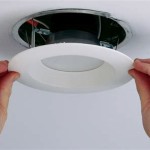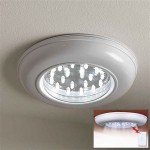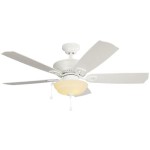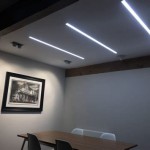Living Room False Ceiling Design Ideas: Essential Aspects to Consider
False ceilings have become an integral part of modern living room design, offering both aesthetic appeal and functional benefits. Designing a false ceiling that complements your living room's overall decor requires careful consideration of several essential aspects. This article explores the key factors to keep in mind when planning your living room false ceiling design.
Material and Finish: The choice of material and finish for your false ceiling will significantly impact its visual appeal and durability. Gypsum boards are a popular option for their versatility and affordability, while PVC and metal panels offer sleek and modern looks. The finish can vary from simple paint to intricate textures, allowing you to match the ceiling to your room's style.
Lighting: Lighting plays a crucial role in enhancing the aesthetics and functionality of a living room. False ceilings provide an opportunity for incorporating recessed lighting, cove lighting, or indirect lighting. These lighting techniques can create ambient lighting, highlight architectural features, or serve as task lighting for specific areas within the room.
Shape and Texture: The shape and texture of your false ceiling can add visual interest and dimension to your living room. From simple flat ceilings to complex geometric shapes, the possibilities are endless. Textured ceilings, such as coffered or vaulted ceilings, can provide depth and character, while suspended ceilings can create a more modern and sophisticated look.
Ventilation and Acoustics: Proper ventilation and acoustics are essential considerations when designing a false ceiling. Perforated panels or vents can be incorporated to ensure adequate airflow and prevent moisture buildup. Acoustic panels can help absorb sound, reducing noise levels and improving the room's comfort.
Integration with Existing Decor: The false ceiling should complement the existing decor of your living room. Consider the color scheme, furniture style, and overall atmosphere of the room when selecting materials and designs for your ceiling. A harmonious integration will create a cohesive and visually appealing space.
Maintenance and Accessibility: While false ceilings offer aesthetic benefits, they also require regular maintenance. Ensure that the materials used are easy to clean and maintain. Consider incorporating accessible panels for electrical repairs or routine maintenance.
In conclusion, designing a living room false ceiling involves careful consideration of material, finish, lighting, shape, texture, ventilation, acoustics, integration with existing decor, and maintenance. By paying attention to these essential aspects, you can create a false ceiling that not only enhances the beauty of your living room but also provides functional benefits. Explore the latest trends, consult with design professionals, and experiment with different ideas to find the perfect false ceiling design for your home.

Best False Ceiling Designs For Living Room Design Cafe

Diffe Types Of False Ceiling Designs Design Cafe
.jpg?strip=all)
Modern False Ceiling Designs For Living Room And Bedroom

Designer False Ceiling Ideas For Living Room Designs Hall

Latest False Ceiling Designs For Drawing Room Beautiful Homes

10 Latest False Ceiling Design Ideas For Your Stunning Home By Livspace

Designer Modern Living Room False Ceiling Service At Rs 50 Sq Ft In Bengaluru Id 23245356348

False Ceiling Design For Hall 8 Elegant Ideas That Inspire

15 Interesting Master Bedroom False Ceiling Design Ideas

False Ceiling Design Ideas Add Style To Your Home
Related Posts



